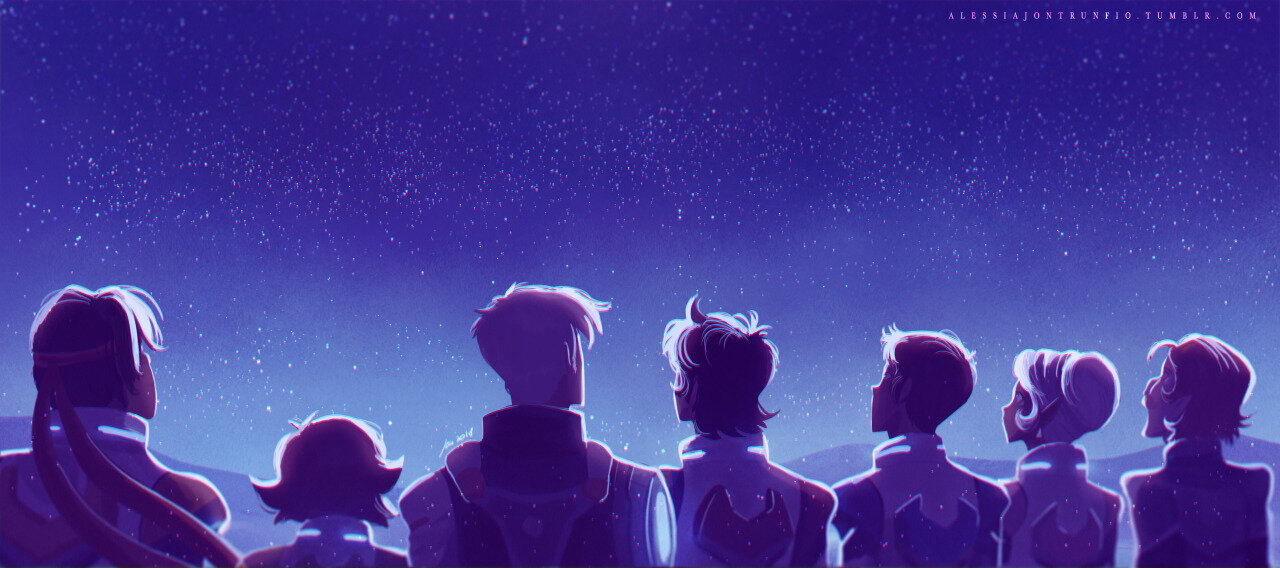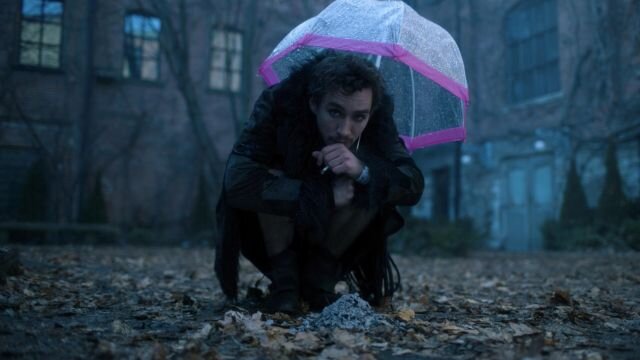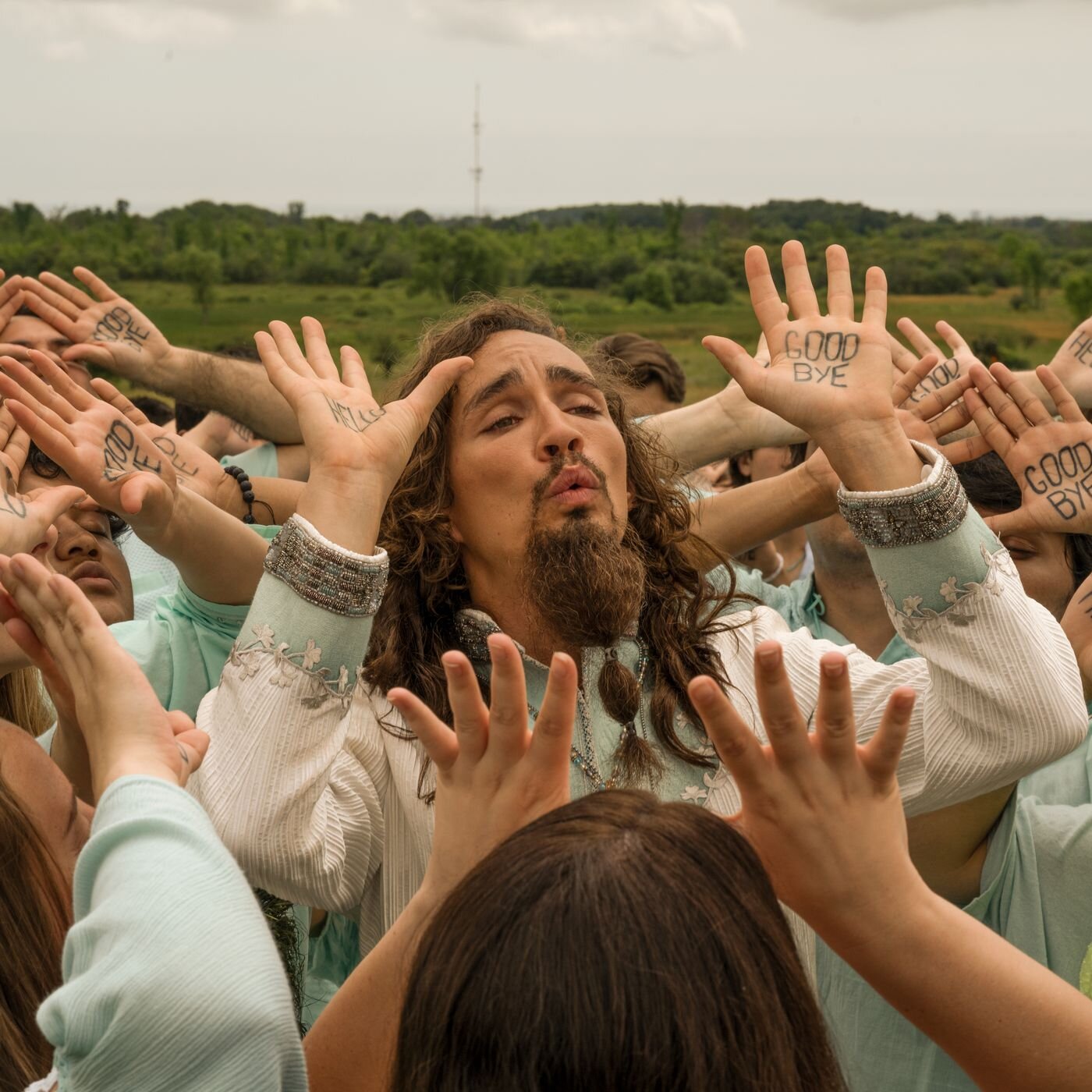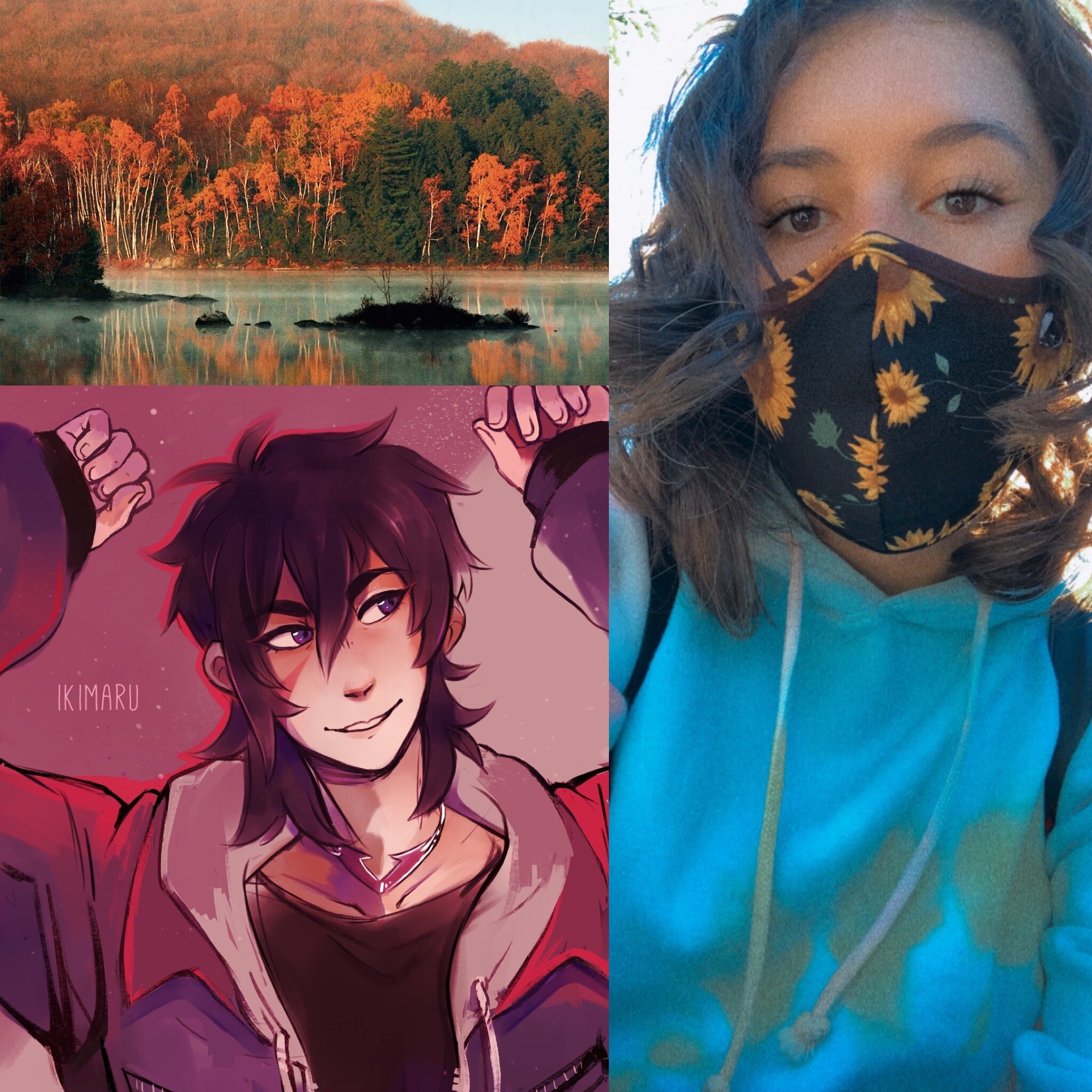DreamWorks Queerbaiting of Voltron: Legendary Defender
/DreamWorks, Netflix series, Voltron: Legendary Defender is the epitome of queer-baiting in a television series, and here’s why.
[Spoiler Warning for the whole series]
There is much to praise about the VLD series. However, the last two seasons are absolute garbage, as almost everyone knows. While I love the series and have personally dealt with the poor and unplanned writing of seasons seven and eight, I would never suggest that the whole series was good because that’s just a blatant lie.
VLD starts diving halfway through the series; the writing was sloppy and clearly wasn’t thought out properly. However, seasons five and six were still tolerable and enjoyable at times. But from as early as VLD season two, the DreamWorks television show had started pushing a gay agenda.
Now, don’t get me wrong, I’m not saying ‘gay agenda’ in a bad way. I was 100% supportive of them marketing towards the LGBTQ+ community and supplying representation for them, but that’s just the problem; they didn’t represent anything.
The Queer-baiting of Adashi
The show’s marketing team and executive producers released thumbnails for the show’s gay ships multiple times. One being between Lance, the Voltron sharpshooter and Keith, the lone wolf of the group. I’ll touch more on that whole atrocity in a moment.
Another instance, the main one, was Shiro, the Voltron team leader, being marketed as gay while announcing season seven of VLD. While this was great, it didn’t live up to all of the hype. They’d even released a trailer that showed Adam, Shiro’s fiance, back on earth.
However, the LGBTQ+ community was sorely let down when the only scene supplied in VLD was one minute (which could be platonic, that’s how bad it was), followed by a 15-second clip of Shiro mourning at Adam’s plaque on the wall in dedication to his sacrifice. Yes, you read correctly, sacrifice; they killed him off after not even supplying an adequate scene between the two.
I’m not saying that VLD should have let Adam live, especially if his death was essential to building Shiro as a character. However, when so blatantly marketed as a central plot point in the show, it had no substance and could be brushed off as inconsequential.
There is no doubt in my mind that their marketing tactic was at least leaning towards queerbaiting, because yes, they did give us a scene between the two. But it also wasn’t adequate to be considered ‘representation’ in the eyes of the LGBTQ+ community.
Despite this, I’m not blaming the show’s creators. Joaquim Dos Santos, one of VLD’s creators, made a public apology on the show’s behalf. From the very beginning, the creator had intended to make VLD as inclusive as possible. Still, because of DreamWorks boundaries they’d set for shows, it had made it nearly impossible for the creators to continue on the path they’d started.
By the end of season eight, the whole LGBTQ+ fanbase of the show wasn’t expecting much for representation anymore, myself included. Which, honestly, was probably for the best since it was atrocious. Not only did the series push two characters together that had no build-up (yes, I’m talking about Allura and Lance, I’ll get into that too), but they tried to make one last feeble attempt at LGBTQ+ representation.
A Wedding or An Atrocity?
While the whole last season was an utter shitshow, I did enjoy the snapshots that ended off VLD. They showed all our favourite characters, a bit further in the future and how they had adapted after the war. It was heartwarming to see them happy after everything that had ensued, but of course, all good things must come to an end.
They showed Shiro’s snapshot into the future, during his wedding, as he got married to a man, which was nice, but it wasn’t anything special. Mostly because, once again, there was no build up in their relationship and us fans knew nothing about this random man one of our favourite characters was marrying.
While it was great to see the whole cast happy and thriving, that scene was just another punch in the gut, honestly.
Along with this poor excuse of representation in the series finale, I want to back up a bit and talk about my main bone to pick with VLD.
Misleading Klance Thumbnails and Poorly Written Allurance
So, if we look back at season two, when the show was still thriving and supplying the fans with a fantastic plot, we can see the signs of VLD’s creator’s leaning towards a relationship between Lance and Keith. There are many moments that fans have picked out as more than platonic banter. Along with that, the marketing team, once again, posted thumbnails that led everyone to believe that we would be getting the popular ship, Klance, confirmed in the coming season.
Paired with the thumbnails, Klance shippers were being interacted with and misled by official Netflix Twitter accounts. If you were to search ‘Klance’ on Netflix (I checked this myself), VLD shows up. That’s just how widespread the ship was.
Despite all the hype, Klance wasn’t canon by the end of the season and as the fans know now, it never was. That is one of the most blatant examples of queer-baiting I’ve ever seen, and it is enraging.
Not only was Klance never confirmed, but the show went in a completely different direction, ship wise, during season eight. Allura, the Voltron team’s princess (she’s literally a space princess that isn’t a snipe towards her) and Lance end up together at the beginning of the season.
However, even that doesn’t last long. There is no build-up to their relationship unless you count Allura snubbing Lance’s flirtation attempts for the seven seasons prior.
I certainly don’t.
They also end it horribly, having Allura unnecessarily sacrifice herself (sound familiar?) to end the war, which completely ruins Lance emotionally and destroys any confidence he’d been working towards for the past seven seasons. It set back both characters’ development that the series had built on for years, making almost all of the fans enraged. It wouldn’t have been so controversial in the fandom had the show not marketed towards Klance from as early as season two, only to go in a different direction. Which also started and ended poorly.
There was even a final scene during season eight between Lance and Keith that have a hint of queerbaiting in it, where Keith is comforting Lance regarding the sharpshooter’s worries on not being enough for Allura.
Even as a Klance shipper myself, I would’ve been supportive of Allurance had it been done adequately, but at that point in VLD, no one could expect anything adequate in the series. Had there been no queer-baiting, misrepresentation and poor writing, I may have ended the series satisfied.
Some fans don’t agree and say that people shouldn’t ridicule VLD because a popular ship wasn’t canon and that the show itself isn’t about the romance between characters, but rather their journeys. However, that argument can only be applicable if other romances between characters weren’t brought to light or marketed. But it isn’t, because not only did they have Allurance appear in VLD, but they also had a momentary relationship between Allura and Lotor, the son of the main antagonist Zarkon.
In the end, the whole show had its ups and downs, including throwing away the development of its main characters and any plot they had worked towards, but the queer-baiting is inexcusable. If you want to hear how else VLD failed, I recommend watching this video.
Dez
Bienvenidos! My name is Desirea, aka Dez. I am a 20-year-old Professional Writing student who has the heart and likes of a 10-year-old. As a Disney and Pixar fanatic, along with any kids movie that's not mediocre, my childish heart often fixates on animated characters. I frequently latch onto relationships that have not and never will be confirmed canon due to homophobic production studios and TERF writers. But alas, I let myself suffer anyways; this is precisely why I will be dragging said production studios and TERF writers in my articles.


















